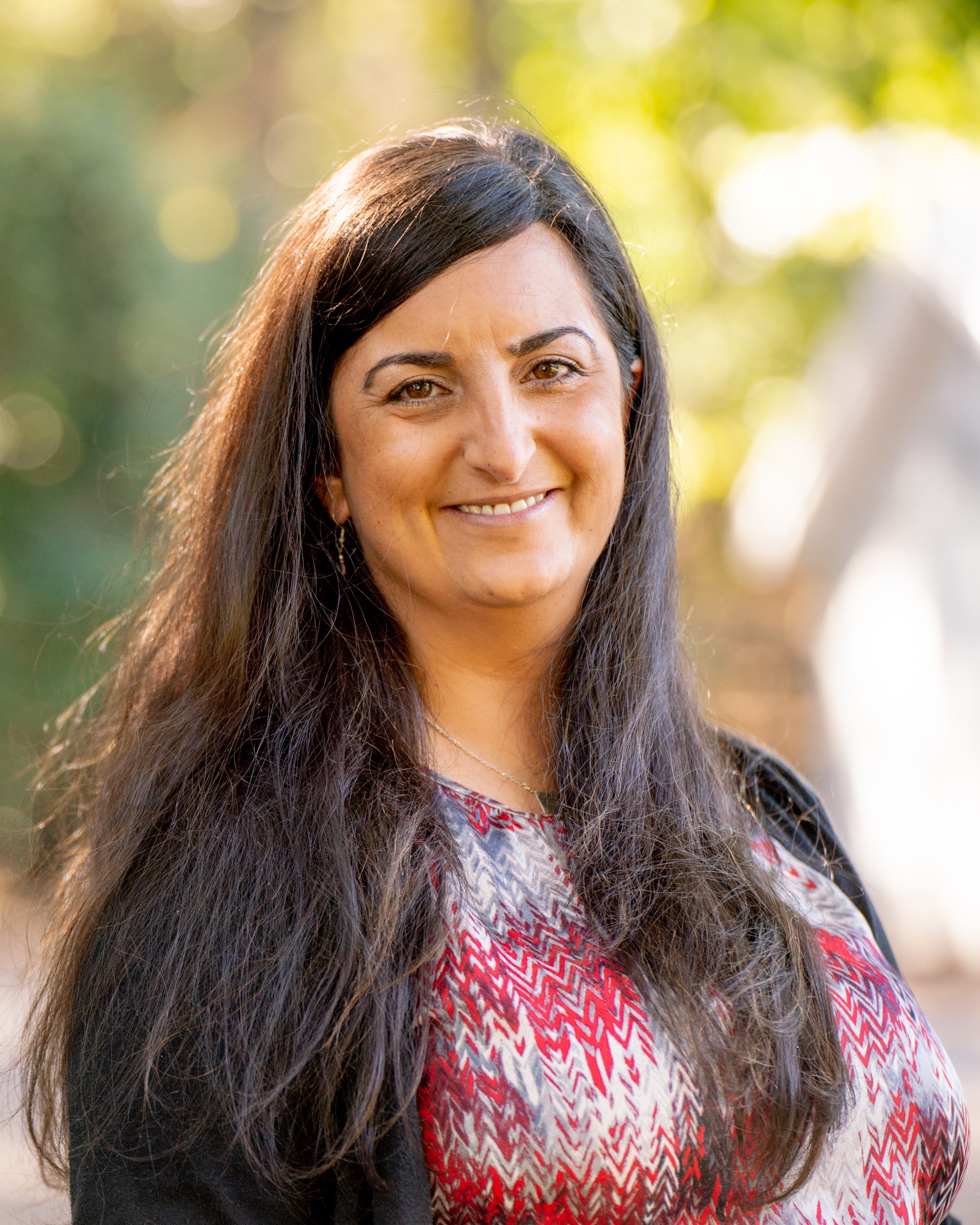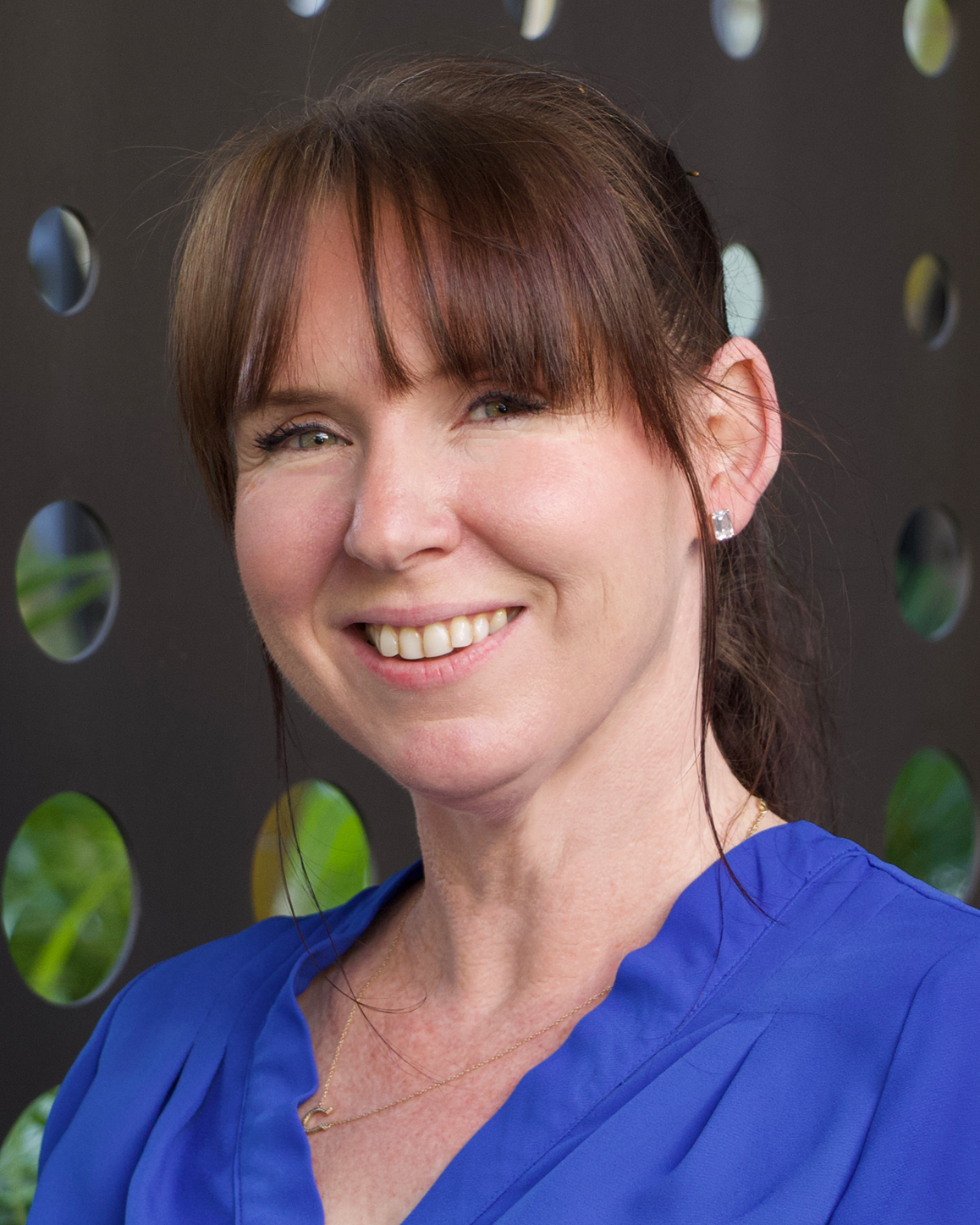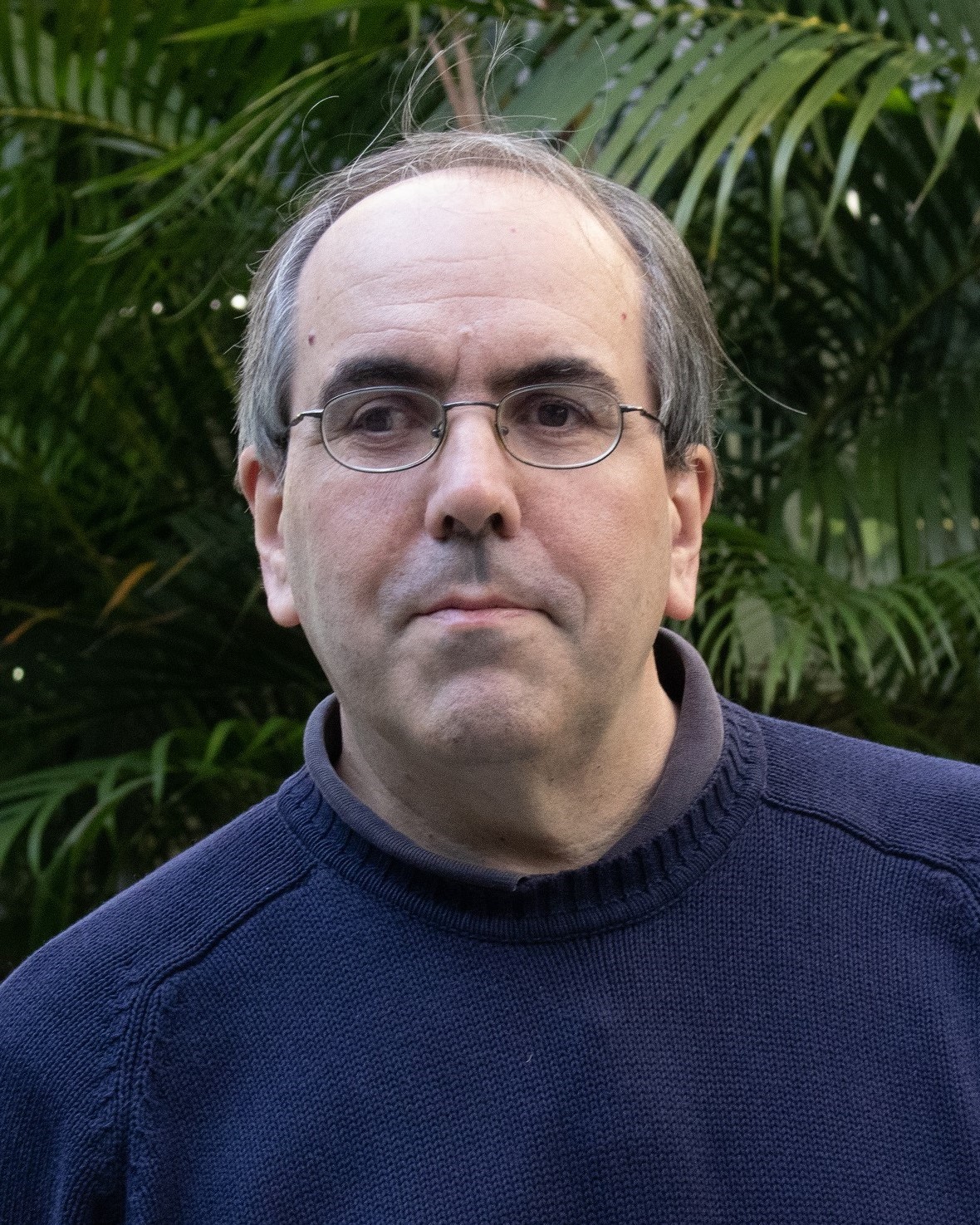2022 Convention - Day 1: Session 1.1
- Home
- 2022 Convention - Day 1 Featured speakers: Session 1.1
2022 Convention Program Day 1 - Tuesday 23 August 2022
Featured Speakers : Session 1.1 - AAFP/bioMérieux Food Safety Symposium |
| Dr Nikki ShariatUniversity of Georgia - Assistant Professor Topic: Deep serotyping of Salmonella using CRISPR technology About: Dr. Nikki Shariat is an Assistant Professor in the Department of Population Health in the College of Veterinary Medicine at the University of Georgia in the United States. Dr. Shariat has published multiple scientific papers addressing methodologies for molecular typing of Salmonella and her research has been funded by the USDA, NOAA, and several stakeholder organizations as well as private industry. Her research program is focused on understanding Salmonella serotype diversity and ecology by employing novel PCR-based next-generation sequencing detection technologies. Her research team applies these technologies to assess serotype dynamics in food animal production to develop improved Salmonella controls, with an emphasis on poultry and cattle production, as well as in freshwater environments. Presentation Overview: Salmonella consists of over 2500 distinct serotypes exhibiting varied phenotypes such as multidrug resistance, pathogenicity, and host association. These can influence whether a particular serotype poses a greater risk to human health. In food animals, including in poultry, Salmonella frequently occurs as mixed populations of multiple serotypes. For appropriate Salmonella control and for risk assessment, there is a need to discern all serotypes present. Deep serotyping using CRISPR-SeroSeq enables detection of multiple serotypes from individual samples and has been used to study Salmonella serotype dynamics at different stages during poultry production. |
| Assoc Prof. Amy JennisonQueensland Health - Chief Scientist Topic: Genomic surveillance in public health for foodborne pathogens: laboratory perspective and AusPathoGen update About: Assoc Prof Amy Jennison is the Chief Scientist of the Public Health Microbiology laboratory in the Queensland Department of Health, which is the Australian state of Queensland’s reference laboratory responsible for the molecular surveillance of notifiable bacterial pathogens and characterisation of public health related outbreaks. A/Prof Jennison has led the laboratory in the application of whole genome sequencing (WGS) for pathogen surveillance and heads numerous research projects aimed at utilising WGS for improving molecular epidemiological investigations. Presentation Overview: Foodborne diseases continue to cause outbreaks globally and represent a substantial burden to public health. Genomics has become an essential tool for public health laboratories for not only surveillance of foodborne pathogens but also in the rapid investigation, and often, mitigation of foodborne outbreaks. While genomic technology offers readily shareable and interrogatable data ideally suited to solving outbreaks amongst what is now a widespread global food chain and highly mobile population, the reality is that data and sequence sharing, standardised analysis and cluster nomenclature among public health laboratories remains ever challenging. However, efforts to address these issues are ongoing including the AusPathoGen program here in Australia and numerous examples now exist of the value to not only public health laboratories but to all of the health community in establishing genomic surveillance for clinical isolates as well as where possible food and environmental isolates. Contact Details:
|
| Assoc Prof. Daniel CozzolinoThe University of Queensland - Associate Professor Topic: Sensing technologies and artificial intelligence applied to food safety About: Associate Professor Cozzolino is a Principal Research Fellow with the Queensland Alliance for Agriculture and Food Innovation (QAAFI), University of Queensland. He was trained in agricultural and food sciences at the Universities of La Republica (Uruguay) and Aberdeen (Scotland). He has worked in several positions including Associate Professor in Food Chemistry, RMIT University (Melbourne), Head of Agriculture, CQUniversity (Rockhampton), Senior Research Fellow Barley Breeding, The University of Adelaide (Adelaide), Team Leader Rapid Analytical Group, The Australian Wine Research Institute (Adelaide), Head of Animal Nutrition, INIA La Estanzuela (Uruguay). His research focusses on the application of chemometric and spectroscopic methods (e.g. UV-VIS, NIR, MIR) in a wide range of fields (agriculture, environment, food). He has published more than 400 peer-review articles and book chapters (h index 66, Google Scholar). He was presented with the Hirschfeld Award by the International Council of Near Infrared Spectroscopy for his outstanding contributions on the field of NIR spectroscopy. Presentation Overview: |
| Jermaine LindsayBioMerieux USA - Dairy & Beverage Marketing Manager Topic: The paradigm-shift of microbiological analysis in fermented beverage production About: Jermaine Lindsey is the Dairy & Beverage Segment Marketing Manager for bioMérieux and Invisible Sentinel. He completed his undergraduate degree at San Diego State University and is pursuing his MBA at Colorado State University. Jermaine has been with the company for 8 years and collectively has more than 15 years of experience in beverage sales, marketing, and quality expertise. During his time with Invisible Sentinel, a wholly-owned subsidiary of bioMérieux, he helped coordinate, launch, and commercialize their rapid testing solutions for the brewing industry. BioMérieux and their line of Invisible Sentinel rapid tests have emerged as a market leader in microbiological solutions for the entire fermentation industry (beer, wine, yeast, etc.) and also serves the quality programs for other industries such as non-alcoholic beverages, food safety, nutraceuticals, and cannabis. Jermaine and bioMérieux are now looking ahead to the future of quality for the food and beverage industry. New product categories are emerging daily and consumers are demanding all-natural ingredients; to help understand the unique quality challenges and risks they pose, bioMérieux has launched its xPRO program – an innovation incubator that collaborates directly with market-leading manufacturers to rapidly uncover risk profiles of new product categories via next-generation tools and co-develop custom diagnostics for optimizing their daily quality analysis. Presentation Overview: In recent years, the fermentation industry has shifted from utilizing only traditional microbiological methods to leveraging modern technology like molecular methods to monitor quality in their production process, ingredients, and final packaged products. This evolution has offered unique perspectives in regards to spoilage organisms and numerous operational efficiencies in regards to meeting customer demand and modern-day logistics. With more specific assays and faster time-to-results, the fermentation industry has been able to embrace a proactive approach to quality within a production process once rooted to reactive quality standards. |








